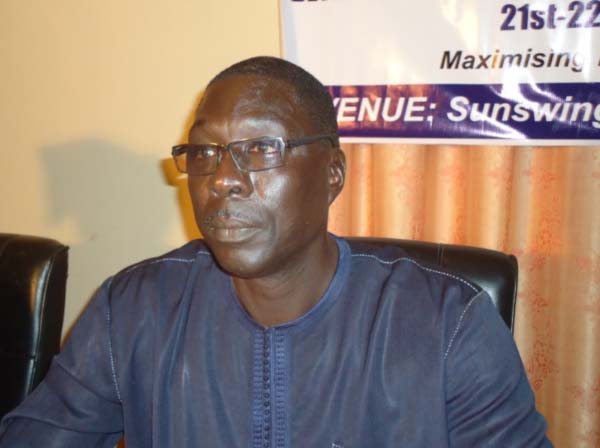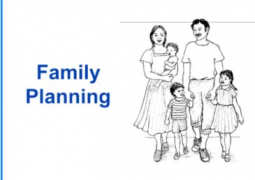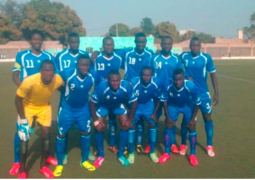
The Minister of Trade, Industry, Regional Integration and Employment, Abdou Jobe, has reassured the ECOWAS Commission that The Gambia is putting in place necessary measures to ensure effective implementation, in early 2016, the ECOWAS Common External Tariff(CET), which came into effect on 1 January 2015.
He said the delay in the implementation of the ECOWAS CET in The Gambia was due to technical difficulties.
Minister Jobe was speaking at the opening forum of the 7th Edition of the West Africa Monetary Zone (WAMZ) Trade Ministers held at the Kairaba Beach Hotel on Friday.
He added that The Gambia had sought and obtained the technical support of the ECOWAS Commission in addressing these challenges.
According to Minister Jobe, as part of the preparation work for the CET implementation, his ministry in collaboration with the Gambia Revenue Authority (GRA) and the ECOWAS Commission conducted training activities necessary for implementation of the CET.
He disclosed that preparation is at an advanced stage to extend the CET training activities to policymakers, National Assembly members and economic operators early next year.
“The Gambia is also implementing the ECOWAS Inter-State Road Transit (ISRT) Scheme, and all transit goods through The Gambia are being transported to their final destinations under the ISRT.
“We will continue to strengthen our collaboration with sister countries in the sub-region, for its effective implementation to help reduce the cost of transporting goods,” he added.
The scheme is a laudable initiative by the ECOWAS community, even though the level of its implementation could still be improved further, he continued.
“I hope the ECOWAS Commission, WAMZ and development partners will continue to support our countries to explore regional approaches to addressing the challenges we are facing in the effective implementation of the ISRT,” he went on.
Trade Minister Jobe also added that The Gambia, with the support of the Enhanced Integration Framework (EIF) project, continues to effectively mainstream trade-related issues in all development policies and programmes.
The EIF project is also supporting The Gambia in various projects to address some of the key supply-side constraints, to enhance the country export capacities in selected products.
The Trade Minister further stated that the Gambia government takes regional trade and integration seriously, aware of the fact that these are critical for The Gambia’s own development.
Therefore, he continued, it was no coincidence that The Gambia had consistently shown her commitment to regional integration, in areas ranging from trade and industry to agriculture, infrastructure, investment and the development of its natural and human resources.
Furthermore, he went on, The Gambia had signed and ratified the vast majority of the ECOWAS protocols and conventions.
“Out of the 53 existing ECOWAS protocols and conventions, my country has to date ratified 44. The ratification process of the few remaining protocols and conventions are at sector level for processing,” he stated.
He also dilated on the Ebola Viral Disease that has had a devastating impact on the economies of the region either directly or indirectly.
He said the forum would serve as an opportunity to look back and reflect on the effects of the Ebola Viral Disease on trade, and collectively chart the way forward towards economic recovery and enhanced intra-regional trade, as no country could do it alone.
Minister Jobe emphasised that the political leaders must continue to demonstrate their steadfast resolve in the face of the diverse challenges the West Africa zone is faced with, which is the only way they could achieve the noble goals they have set themselves.
He also assured the ECOWAS member countries of The Gambia government’s continued support and commitment to the ideals of regional integration, especially to the WAMZ and ECOWAS programmes.
Read Other Articles In Article (Archive)




